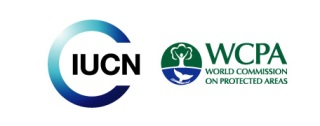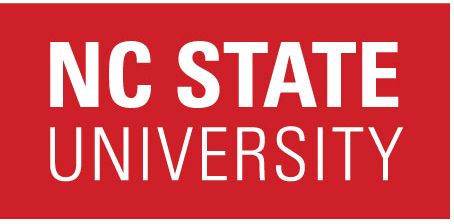PDF: COMPACT: Engaging local communities in the stewardship of World Heritage
Citation
Brown, J. and Hay-Edie, T. (2013). COMPACT: Engaging local communities in the stewardship of World Heritage. New York: UNDP.
Download PDF
Summary
Preface:
The United Nations Foundation (UNF) was established
by Ted Turner in January 1998 to support
the UN and its causes – with special emphasis on
population and women, the environment, children’s
health and selected humanitarian concerns.
A key element of the Foundation’s original environment strategy was to support the conservation of protected areas designated by the World Heritage Convention (UNESCO, 1972) for their global biodiversity significance. Nominated by the nations in which they are located, World Heritage sites are places of “outstanding universal value…for whose protection it is the duty of the international community as a whole to cooperate.”
Though they have defined boundaries, World Heritage sites are very much a part of the communities in which they are located. As such, they provide rich opportunities to develop and promote effective models for integrating compatible human uses with the protection of ecosystem functions and biodiversity.
World Heritage sites have the potential to showcase the effective integration of sustainable local development with conservation by demonstrating how conservation can contribute to local and national economic development, culture, and pride. With this vision and aim in mind, the UN Foundation joined forces over a decade ago with the GEF Small Grants Programme implemented by UNDP to develop and implement an innovative and highly decentralized programme – the Community Management of Protected Areas Conservation (COMPACT) initiative.
Since 2000, the COMPACT programme has been working with communities living in the vicinity of eight World Heritage Sites in Africa, Asia, Meso-America and the Caribbean. Through extensive on-the-ground experience and a participatory methodology that integrates an evidence-based approach, COMPACT has rigorously tested the claim that community-based initiatives can significantly increase the effectiveness of biodiversity conservation in globally significant protected areas while also improving local livelihoods.
The UN Foundation is pleased to note that the $6 million in catalytic financing provided to the UNDP has helped leverage an investment in excess of $10 million from the GEF, as well as significant levels of third party co-financing generated by over 430 individual small grants disbursed to civil society partners in the field. Through the support provided by UNF, the programme has facilitated extensive site level coordination of stakeholders, leading to the creation of Local Consultative Bodies and enhanced capacity for the decentralized management of World Heritage sites. Not least, through the many proposals developed by the communities themselves, COMPACT has also benefitted the lives of thousands of poor people that rely on ecosystem services for their livelihoods and well-being.
UNF is particularly delighted to see the rich body
of lessons learned emerging from COMPACT –
these range from community engagement in the
nomination of new sites, participatory planning
methodologies, as well as monitoring and
evaluation techniques – together representing
considerable potential for mainstreaming within
the operations of the World Heritage Convention,
as well as the safeguard of the planet’s biodiversity
for future generations.
Original Document Source




